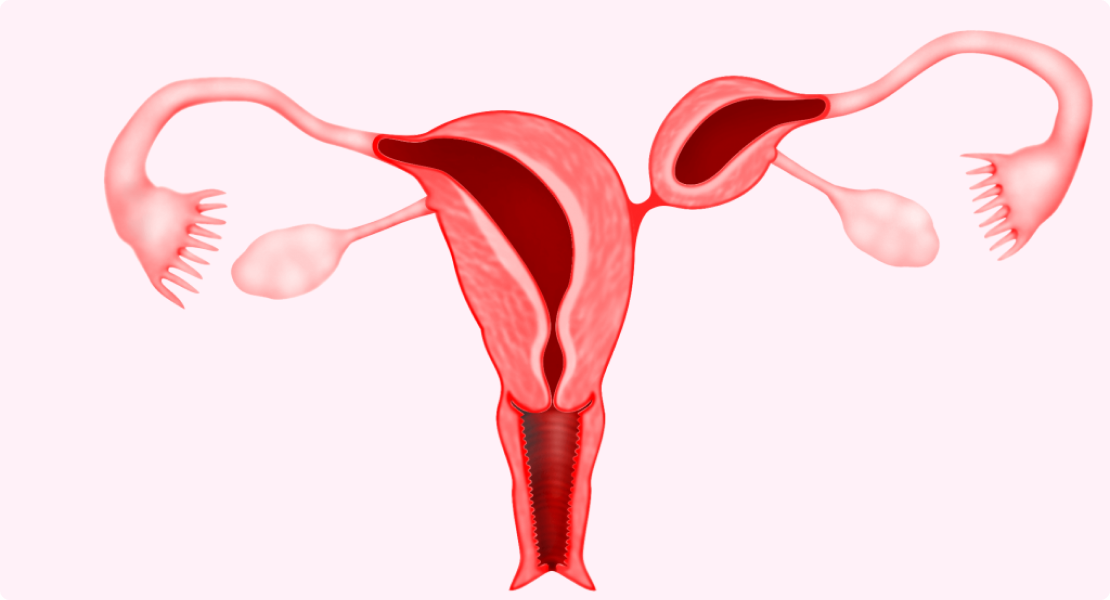Our Treatments

Congenital abnormalities- (didelphyus, bicornuate, separate uterus for unification or resection by hysteroscopy or laparoscopy)
Congenital uterine abnormalities, such as didelphic uterus, bicornuate uterus, or septate uterus, can cause a range of reproductive issues, including infertility, recurrent miscarriages, and complications during pregnancy. At Dr. Abdul Basith’s clinic, advanced surgical techniques like hysteroscopy and laparoscopy are used to diagnose and treat these congenital conditions, ensuring optimal reproductive outcomes for patients.
A didelphic uterus, also known as a double uterus, consists of two separate uterine cavities, which may cause issues with embryo implantation and lead to miscarriage. Bicornuate and septate uteruses are characterized by a partial or complete division of the uterine cavity, which can also interfere with a woman’s ability to carry a pregnancy to term. These conditions are diagnosed through imaging techniques such as ultrasound or MRI, followed by hysteroscopy or laparoscopy for a more detailed assessment.
Hysteroscopy involves inserting a small camera into the uterus to visualize its internal structure, while laparoscopy allows for the external examination of the uterus through tiny incisions in the abdomen. Once the abnormality is confirmed, Dr. Basith performs corrective surgery to unify or resect the divided sections of the uterus, improving the chances of successful implantation and reducing the risk of miscarriage.
These minimally invasive procedures are effective in restoring normal uterine anatomy and function, allowing women to achieve and maintain healthy pregnancies. With his expertise in reproductive surgery, Dr. Abdul Basith ensures that congenital abnormalities are diagnosed and treated promptly, giving women the best chance of achieving their fertility goals.
